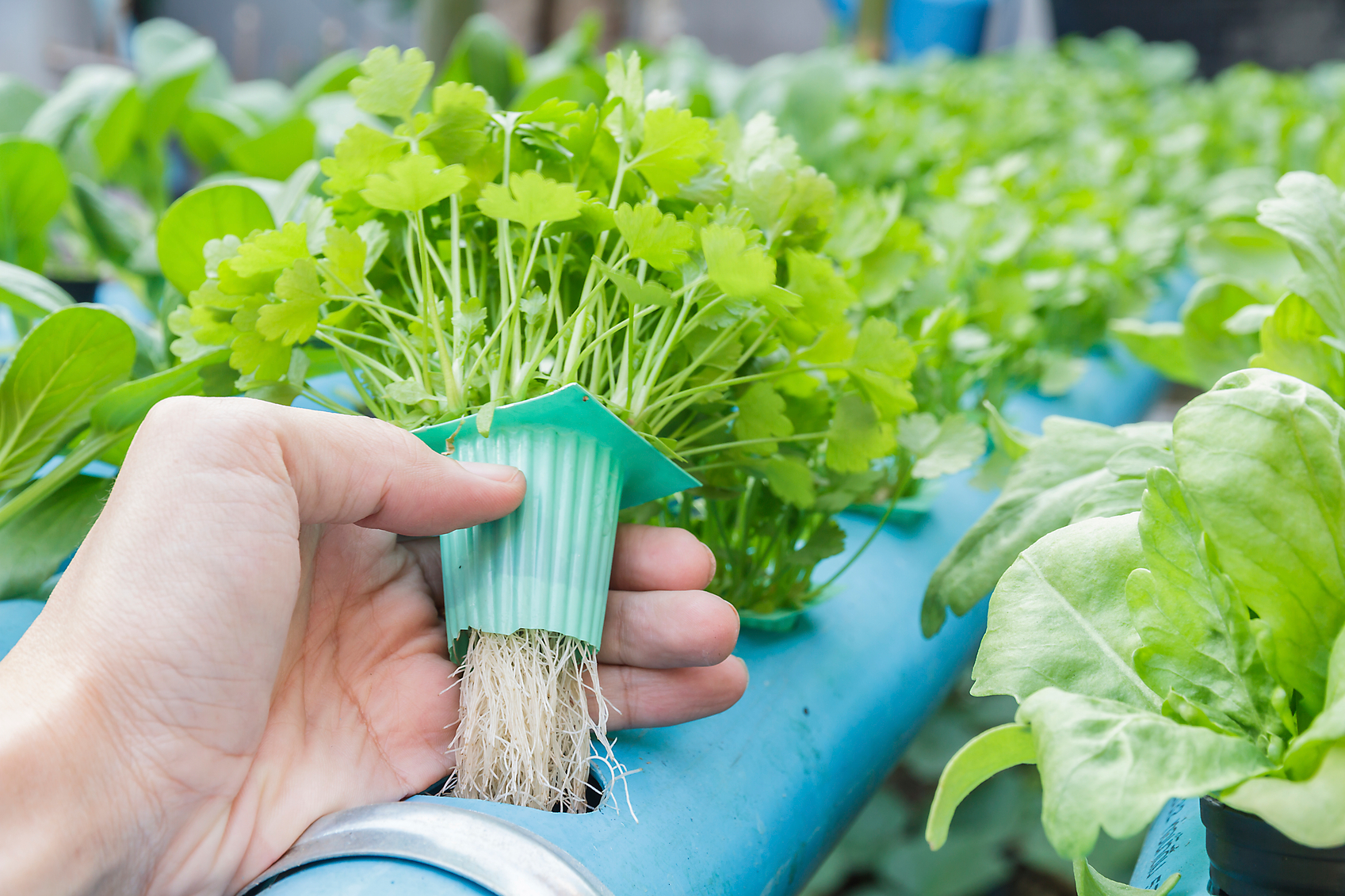
A lot of research has been conducted involving various aspects of organic gardening as well as hydroponic gardening. There is still some debate over growth rates, crop yields, and plants' susceptibility to fungi and disease when using these different approaches to gardening. This article helps bring the science to the forefront so you can get the facts when starting your own organic hydroponic garden.
Bigger Yields
Research says: Organic fertilizers grow bigger plants and produce higher yields than synthetics.
The study: For a master’s degree thesis in horticulture and landscape architecture at Colorado State University, C. Elizabeth Succop compared the results of organic and synthetic fertilizers on hydroponic basil plants. She reported that “during the first half of the study, plant fresh weight productivity (the amount of edible stems and leaves) for both fertilizer treatments was not different. However, productivity was greater for plants with the organic fertilizer compared to the [synthetic] fertilizer for the remainder of the study.”
To do: Be patient. The results from organic fertilizers become more noticeable as the plants mature since organic fertilizers release their nutrients over a prolonged period of time.
Fungus Fighters
Research says: Organic treatments, including a sulfur-based formulation, controlled destructive gray mold better than chemical fungicides.
The study: At Mississippi State University, researchers treated Botrytis (gray mold) on greenhouse-grown tomato plants with several different products, including three biofungicides and the most widely used chemical solutions. The researchers reported that the sulfur-based product and the other organic treatments were as effective as the chemicals at controlling the fungus and increasing marketable yields of tomatoes.
To do: Use sulfur-based fungicide to protect your grow room and plants from gray mold. Organic products can be more beneficial to your plants and are more likely to provide nutrients instead of shocking them with harmful chemicals.
More Roots

Research says: Applications of organic fertilizer increased root mass of hydroponic plants.
The study: At the University of Arizona Controlled Environment Agriculture Center, Asher Haug-Baltzell fed one crop of hydroponic lettuce with a synthetic, ammonia-based fertilizer and another with a naturally derived organic fertilizer. In evaluating the plants, Haug-Baltzell observed that the lettuce fed with organic nutrients consistently had bigger roots than the plants given the synthetic fertilizer.
To do: Use only organic plant food, which helps your indoor crop grow bigger roots. The stronger the root system of your plants, the more nutrients they are able take in, which makes them more likely to thrive.
Need More Organic?
We love learning about organic gardening and the best products to use too! We offer a wide variety of products that are compliant for use in organic gardening so you can reap the benefits of a healthy garden. To learn more about our products, head over to our online store or sign up for our e-newsletter to stay up to date on new products and offers. Our learning center is another great resource that can be used as an educational resource for the answers to many of your questions. When you get your hydroponic garden set up, share you photos on our Facebook page!



